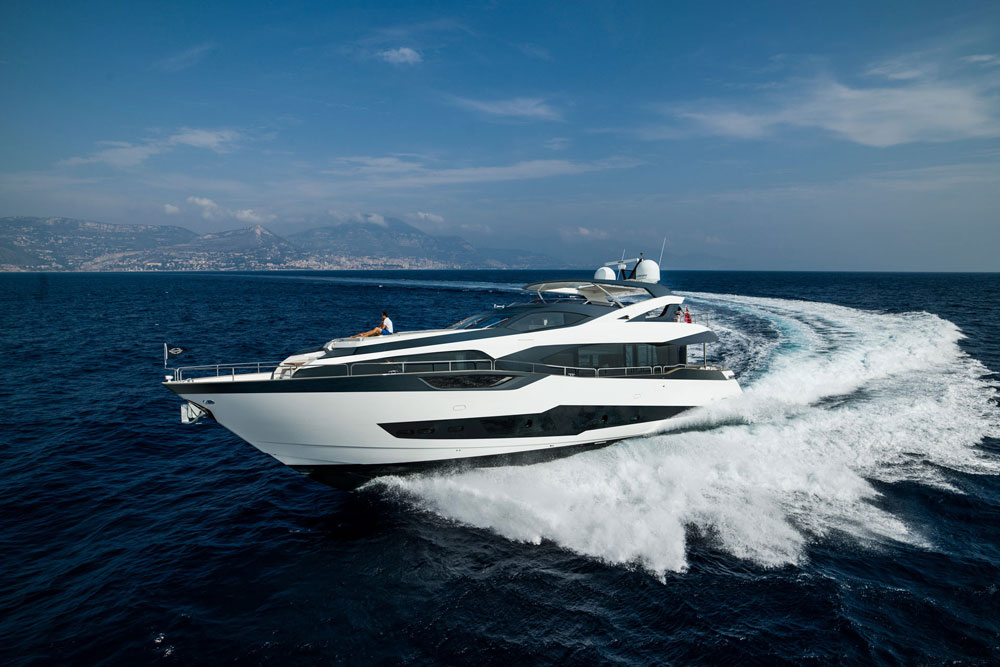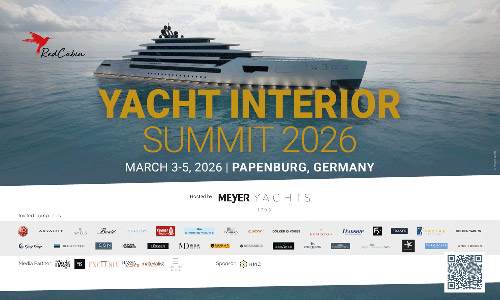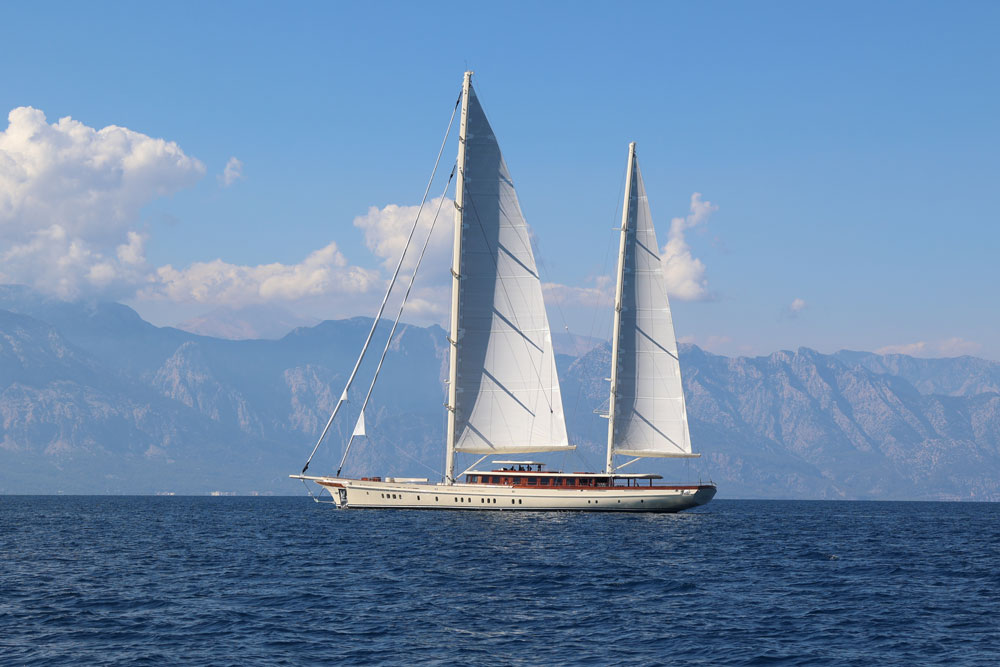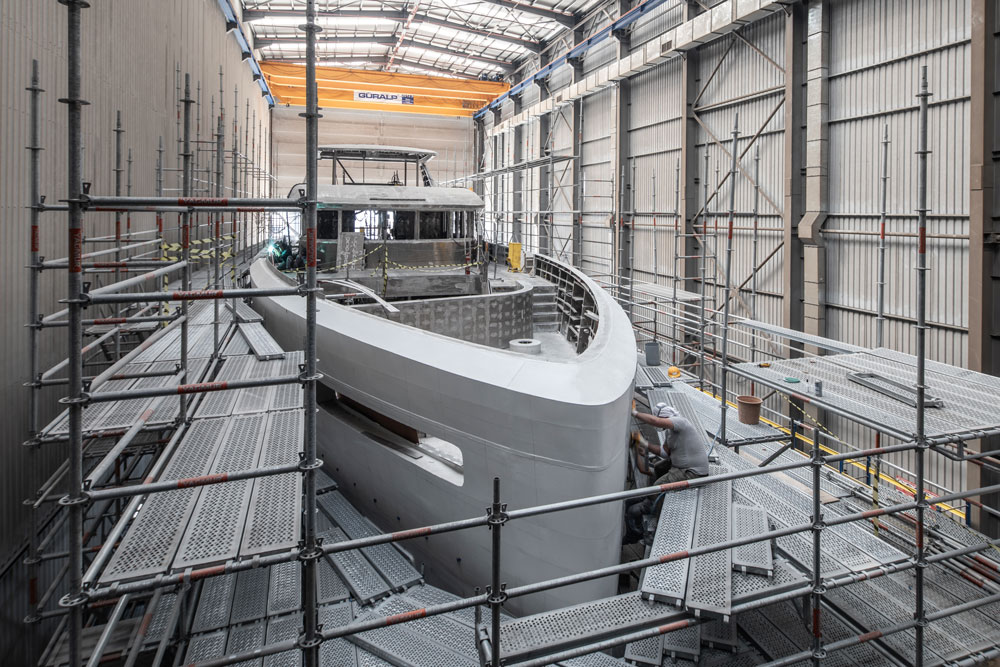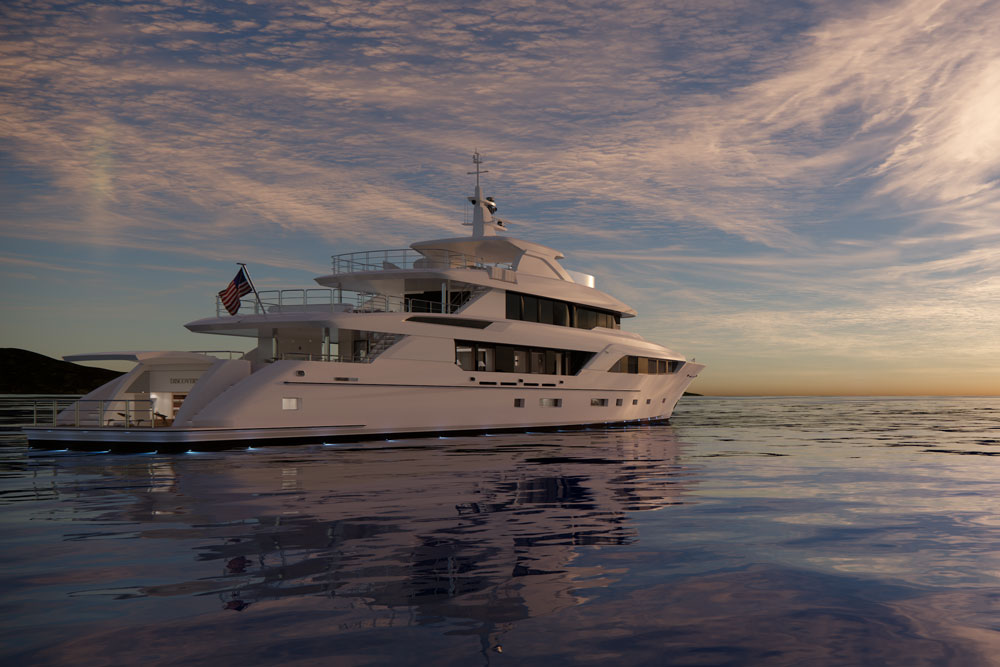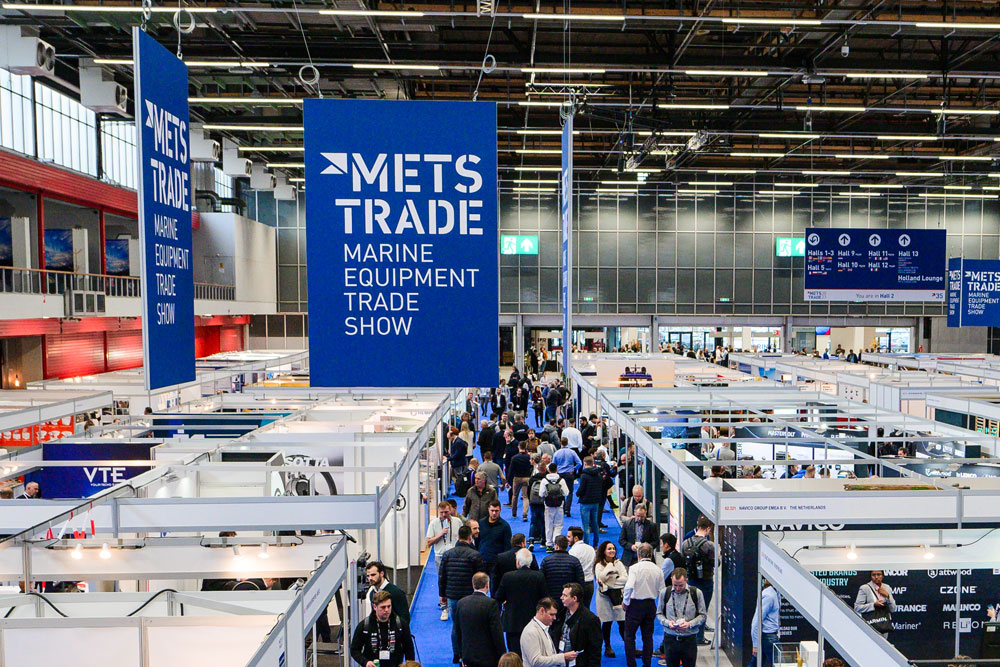The manufacturer Rolls-Royce Power Systems has approved its MTU Series 2,000 and 4,000 engines for more environmentally friendly fuels .
Instead of conventional diesel, they can burn synthetic diesel fuels that meet the EN15940 standard. [ds_preview]
These fuels include, for example, the sustainable fuels BtL (Biomass to Liquid), HVO (Hydrotreated Vegetable Oil) and PtL (Power to Liquid) such as e-diesel. They can all replace conventional diesel fuel made from fossil crude oil in these engines without any adjustments.
HVO is “a sustainable solution” for Rolls-Royce
“We currently see HVO as a very valuable sustainable solution because the fuel is already available and offers a number of benefits to our yacht customers,” explains Denise Kurtulus, Vice President Global Marine at Rolls-Royce Power Systems. “When operating our MTU yacht engines with HVO, which are already the benchmark in terms of exhaust emissions, yacht owners benefit from a significantly reduced carbon footprint while maintaining the best performance and experiencing quiet operation with even lower soot emissions.”
According to the manufacturer, the advantages of HVO are clean combustion with a reduction in particulate emissions of 40 % and more, nitrogen oxide emissions of up to eight percent and (depending on the manufacturing process and source material) CO2 emissions of up to 90 % (well-to-wake) compared to fossil diesel. As HVO fuel is produced from renewable raw materials, partly from waste, its production, transportation and combustion only generate about as many greenhouse gases as were absorbed by the plants during the growth of the biomass.
Meros convinced by HVO
Meros Yachtsharing has successfully tested HVO with its new 28-meter Sunseeker “Blue Infinity One”, according to Rolls-Royce. The vessel, which was delivered this year and is powered by two 12-cylinder mtu Series 2000 M96X engines, has already successfully completed seven refueling operations in France and Spain.
After the 350-mile route from Mallorca to Monaco in May 2023, Captain Carlos Julia Dalmau was very satisfied: “The fuel efficiency – in terms of volume refueled – has dropped slightly, but the overall performance of the yacht is no different from the performance when using conventional fossil fuels. In addition, HVO operates at lower temperatures, resulting in lower engine noise and significantly less particulates and exhaust odor. The cleanliness of the yacht has improved significantly, making maintenance and servicing much easier to manage.”
